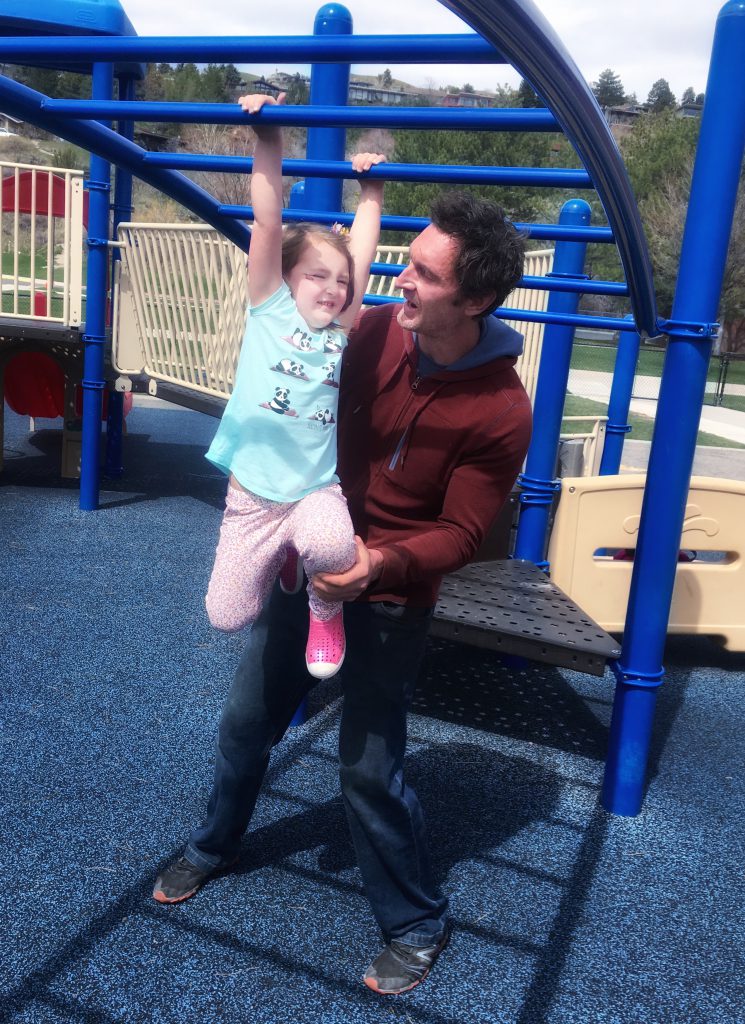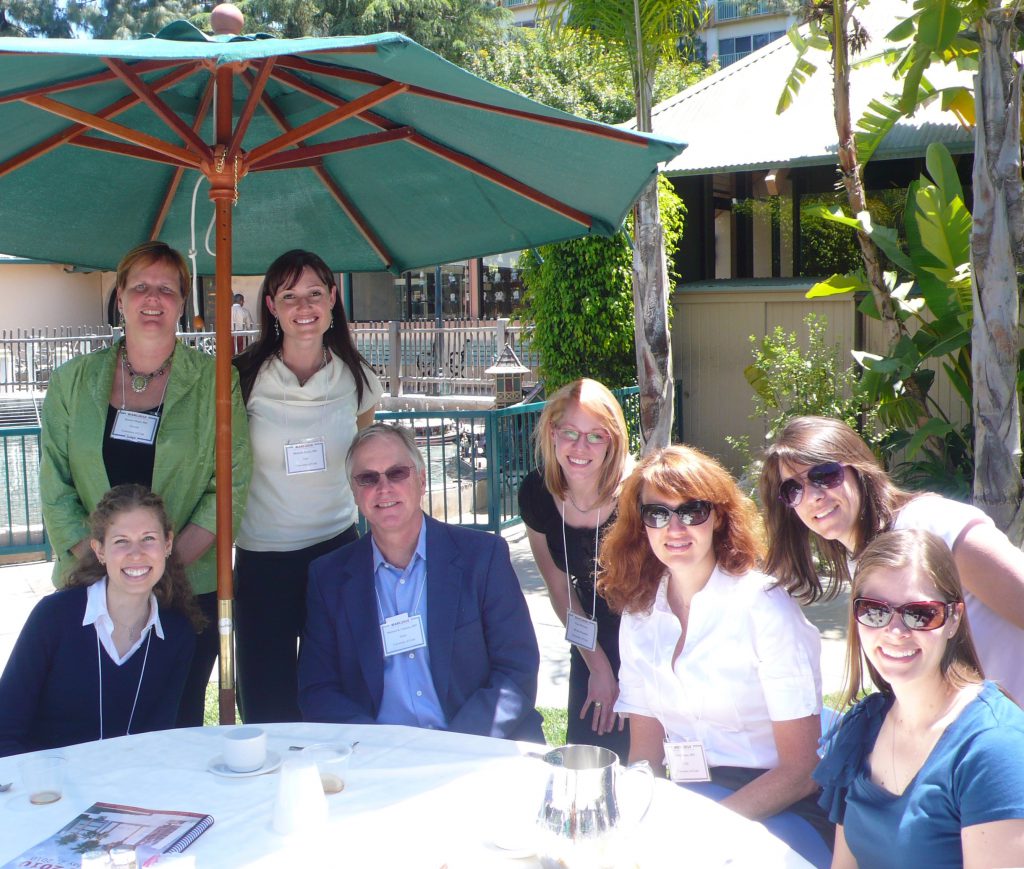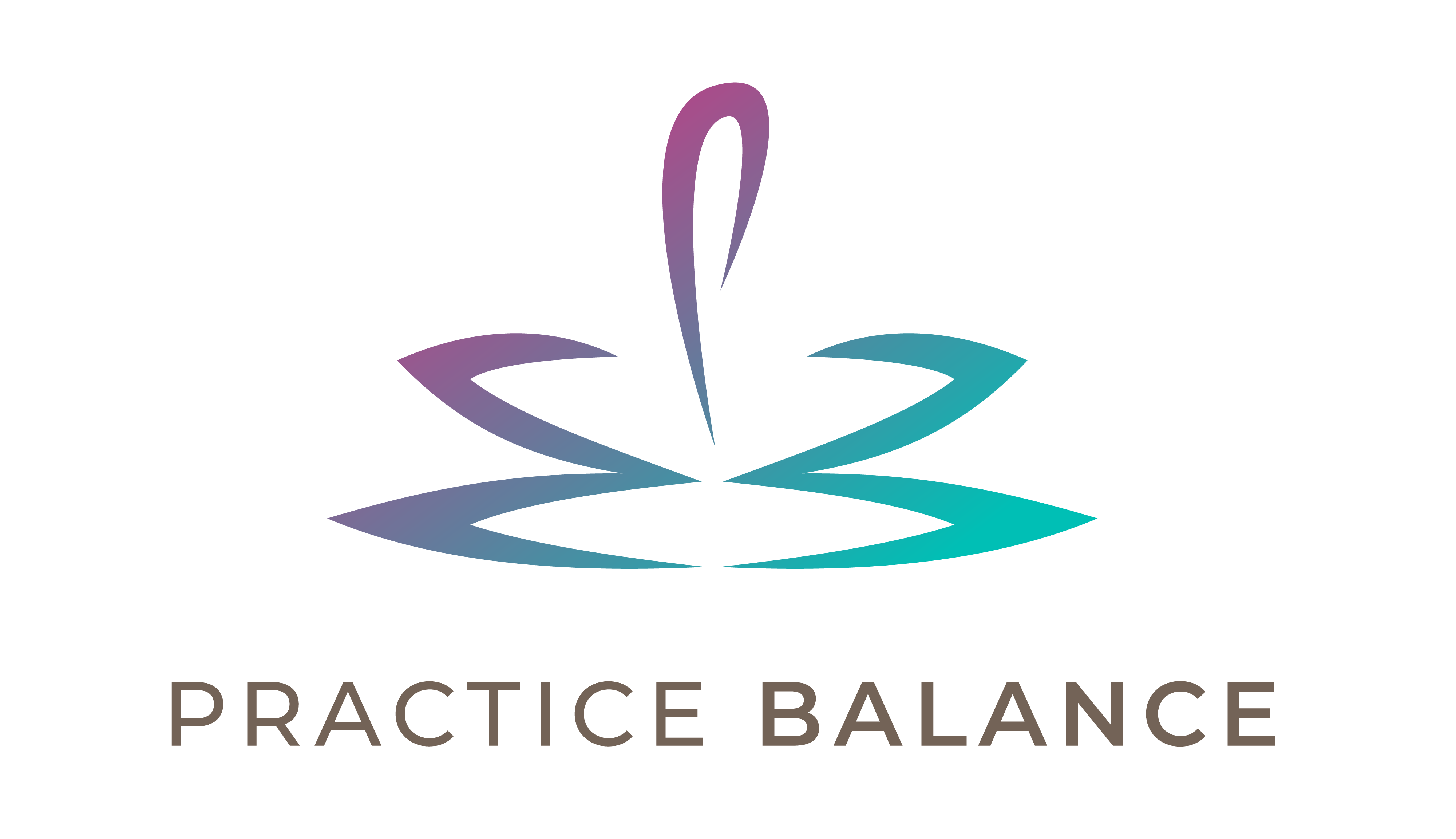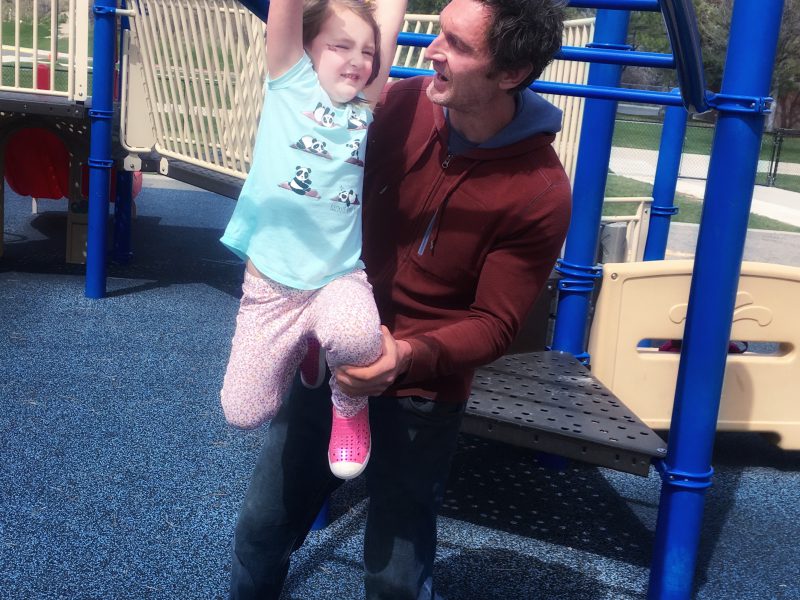
This past month, the national medical residency match occurred. If you’re not familiar, it’s where all US medical students, who interviewed with different residency programs in their chosen specialties and ranked them in order of which they’d like to attend, learn the fate of their next 3-7 years. All over social media, people were celebrating their match results. But as many people tend to use social media as a highlight reel for their lives, many unmatched or misplaced people flew under the radar. Now that the dust has settled and a few weeks have passed, it’s time for them to take stock of their situations.
It’s admittedly a crappy way to start a medical career – one that’s already rife with burnout (rates from 40-60% are reported in the literature). One that’s commonly accompanied by a 6-figure student loan debt. A no-match or a poor-match can be devastating to a young doctor. For some, especially young students who went straight through school earning straight A’s the whole way, this may be their first brush with a big failure.
Welcome to reality. We all struggle; we all fail. If you haven’t experienced failure, you’re living in a bubble. Dealing with and learning from our failures is an essential part of life. And one of the biggest keys to emerging from those times of darkness is having a “tribe” or support system. When kids experience failure, and it’s my opinion that as parents – the ultimate, unconditional support system – we need to work those failures into opportunities not only to teach our kids but also to strengthen our bonds with them. If you haven’t read the book “The Gift of Failure” by Jessica Lahey, I highly recommend it!
Family is one very important source of support during struggles. Another source is friends. As they always say, when chips are down and morale is low, you learn who your true friends are. On a less intimate level, acquaintances or even hired mental health experts can also provide invaluable, objective support. Also, despite some of its negative aspects, social media can actually shine in this scenario. I’m in a Facebook group for women physicians that recently had a whole thread about failures (just in time for match day). So many of the respondents said things like, “Thank you for sharing these stories.” It normalizes our failures and helps us to feel like we’re not alone, yet there’s less vulnerability in writing them down for other group members to read. Another source of support during hard times falls in the middle of family/friends and virtual connections: the mentor.
In your work or hobbies, do you have a mentor? Someone who’s gone through similar experiences and come out the other end? I have a few go-to’s in my huge academic practice group, including one very influential person – our longtime yet recently retired department chair – who sadly just left this life. His illness hit fast and harsh, and his death was a surprise to most of us. On top of the recent reminders of the stress of match day, his passing is part of my inspiration to write this post. As I’ve discussed on this blog early and often, I experienced my share of struggles during my residency training…

It was my second year in anesthesiology, I was sleeping poorly (when given the opportunity to sleep) and experiencing lots of fatigue. One of the attending anesthesiologists on a specialty rotation said to me, “What’s wrong with you?” Around that same time, I did much worse than expected on our yearly written examination, despite studying hard. Concerned and confused (as it was not like me to have academic issues), I went to talk to my department head. He told me a story of a previous resident who had struggled even more than I, to the point where he was required to repeat some of his rotations. He said, “Years after his graduation, I ran into a nurse who worked with this former resident in a different state. She said, ‘Oh, we LOVE Dr. ____! He’s our favorite anesthesiologist!’ So you see, academic performance isn’t the only thing that matters. What matters in the end is that you’re a caring physician and a good person to work with.” This, coming from a man who was the pinnacle of academic achievement and excellence.
When my “symptoms” got worse, this department head, my residency director, and another valued faculty mentor arranged for me to take a leave of absence from training – without hesitation or judgement. Fast forward a year to when I finally figured out what was wrong with me all those months: a large pituitary tumor was inhabiting my skull base, causing peripheral blindness and all sorts of hormone imbalances. I’ll never forget what these champions did for me.
The pursuit of a career in medicine can be unforgiving, as the “hidden curriculum” ingrained in us is one of self-reliance and survival-of-the-fittest. Others judged me, gave up hope in my abilities, said “She’ll probably be an OK anesthesiologist”… but not them. They remind me of a great quote by Bernard Baruch, “Those who mind don’t matter, and those who matter don’t mind.” I encourage you all to find your tribe of champions – people in your personal and professional life who will help you remember your purpose when you struggle. Also, consider being someone else’s champion – whether it’s your child, your friend, or someone you work with.




 Speaking About Wellness and Burnout
Speaking About Wellness and Burnout
